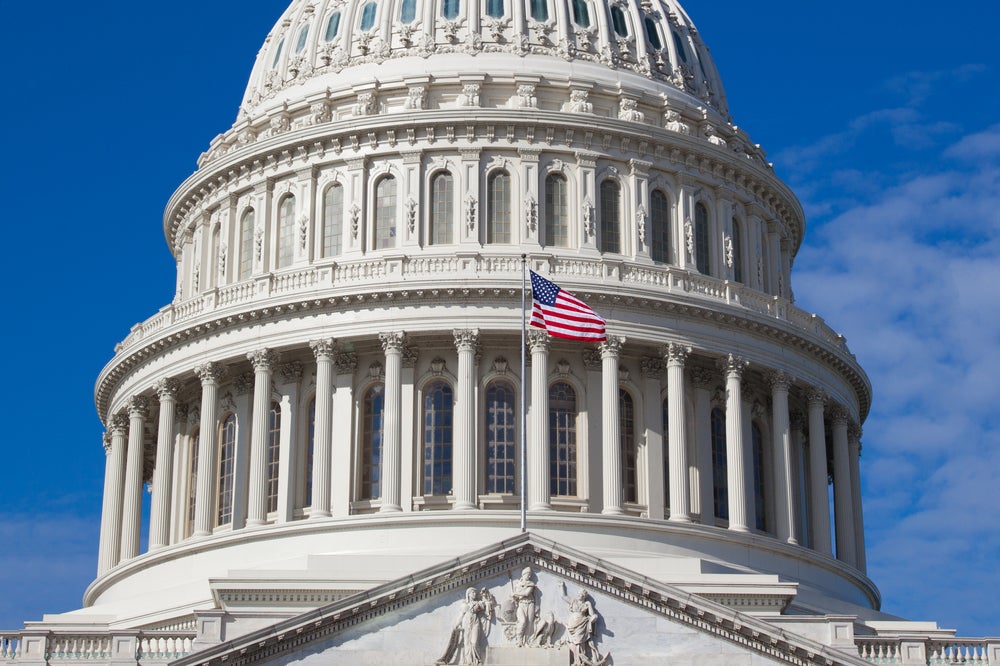
Blumenauer, a Democrat from Oregon, is urging Congress to address the exploitative nature of the de minimis threshold.
In June, he reintroduced the Import Security and Fairness Act, a bipartisan, bicameral legislation aimed at preventing non-market economies from taking advantage of the de minimis loophole and requiring US Customs and Border Protection to enhance the collection of information on de minimis shipments.
Blumenauer voiced his concerns, stating: “What was once intended to improve efficiency has morphed into a dangerous loophole that threatens American competitiveness, and consumer safety, exploits forced labour, and contributes to the fentanyl crisis in our communities.
“My legislation is narrowly tailored to stop areas of abuse. It is past time for Congress to act.”
This legislation had previously passed the House of Representatives in the 117th Congress as part of the America COMPETES Act.
Key points addressed during the de minimis hearing
Undercuts American competitiveness
Andy Warlick, chairman & CEO of Parkdale Mills, a spinning yarn manufacturer highlighted the detrimental impact of the de minimis loophole on American businesses.
He posed a critical question for consumer product companies, questioning the rationale behind investing in domestic retail stores, warehouses, and logistics operations when the de minimis system allows centralised production in low-cost regions, exploiting the duty-free direct-to-consumer model.
“Our de minimis waiver system, however, blows a hole straight through the reciprocal commitments at the heart of our FTA structure,” said Warlick.
“Right now, Chinese companies enjoy virtually unlimited US market access with no standards, commitments, or reciprocity as long as their business model ships products directly to consumers through the mail instead of in a cargo container.”
Whilst Warlick believes it may be too late to undo the damage to America’s manufacturing base and critical supply chains he states it’s imperative that Congress “act with all urgency” to close the de minimis loophole.
“The impacts we are seeing and feeling here in the US and across the industry throughout this hemisphere are only the beginning of a more massive calamity that will shortly take place once de minimis trade explodes further in the next few years,” explains Warlick.
Impact on domestic workers
Roy Houseman, USW legislative director, also drew attention to the trade disparity between the US and China, declaring the inequity created by allowing duty-free imports from China while American workers and businesses face significant market barriers in China.
“For American workers and businesses, there is a basic issue of fairness at play here,” he said.
Threats to human rights abroad and US consumer risk
Nury Turkel of the US Commission on International Religious Freedom expressed concern over the unintended consequences of the de minimis provision.
He highlighted the potential for the loophole to result in inadequate policing of Congress’s prohibitions on the importation of fake, dangerous, and forced labour goods, thereby posing a threat to human rights globally.
Contribution to the fentanyl crisis
Andrea Edmiston, who represented the National Association of Police Organisations, underscored the de minimis provision’s role as a dangerous gateway for illicit narcotics.
Edmiston stressed the outdated nature of the provision, allowing millions of “uninspected” direct mail shipments of narcotics to enter the US market, intensifying the fentanyl crisis, destroying families, communities and overwhelming law enforcement agencies.



